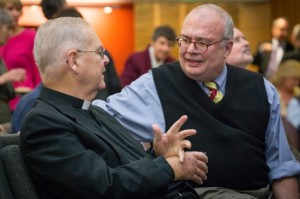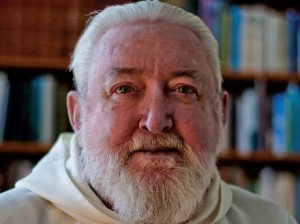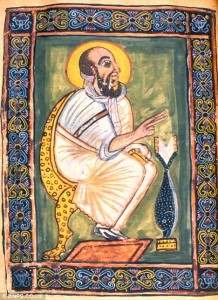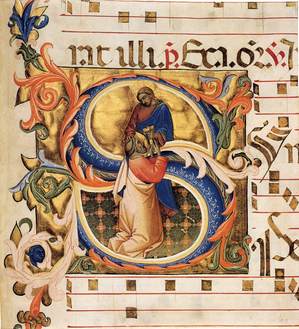Bible study Catholics is no longer optional. Everything, and I mean everything in the Church, must be dependent on sacred Scripture, even the Magisterium. I came across this quote from Bishop Christopher Butler, OSB, which may be a bit cheeky, but to my mind it shows the degree of seriousness that we ought to think in biblical terms, “It is all very well for us to say and believe that the Magisterium is subject to holy Scripture. But is there anybody who is in a position to tell the Magisterium: ‘Look, you are not practicing your subjection to Scripture in your teaching’?” (in JJ Miller, ed., Vatican II: An Interfaith Appraisal, 1966). Indeed, we all need to be subject to Revelation.
We need to keep on top of our study and love of God’s revealed word: the study of Scripture is a non-negotiable for Catholics if they think they are going to be saved on the Last Day. Pope Benedict spoke of lectio divina as the springtime of the Church and organizations like the American Bible Society have spent lots of time and money trying to help Christians, including Catholics, to the biblical narrative of redemption.
Here are some bible resources:
Pope Pius XII, Divino Afflante Spiritu
Vatican II, Dogmatic Constitution on Divine Revelation (Dei Verbum)
The Letter of Saint Athanasius on the Interpretation of the Psalms
Scott Hahn, Covenant and Communion: The Biblical Theology of Pope Benedict XVI (Baker Brazos Press, 2009).
Scott Hahn, Consuming the Word: The New Testament and The Eucharist in the Early Church (Image, 2013)
Richard John Neuhaus, ed., Biblical Interpretation in Crisis: The Ratzinger Conference on Bible and the Church, (Eerdmans, 1989).
Some other things to have on your shelf, virtual or otherwise:
Understanding the the readings of the Liturgy (scroll down on the calendar to the month and day and click on the link)
Scott Hahn’s website, the Saint Paul Center for Biblical Theology
Scott Hahn also has a great short summary of the Sunday readings that you can get sent free via e-mail once a week



